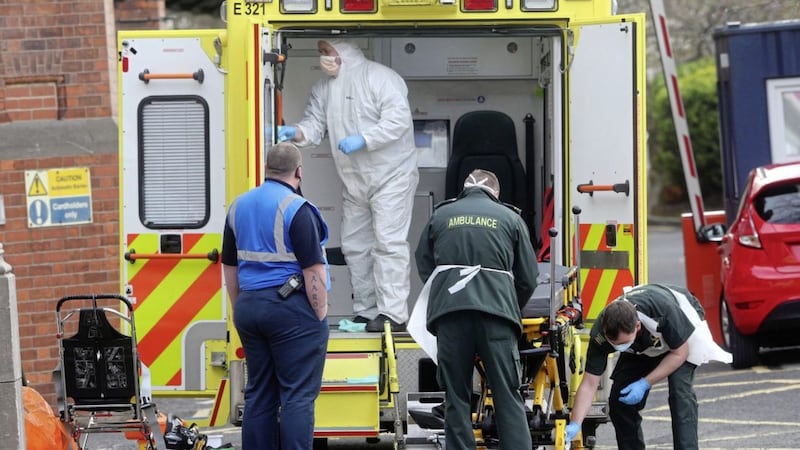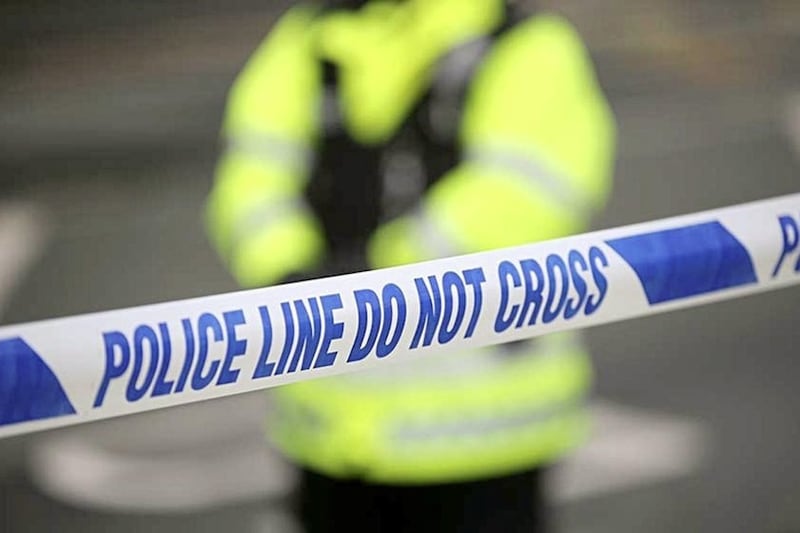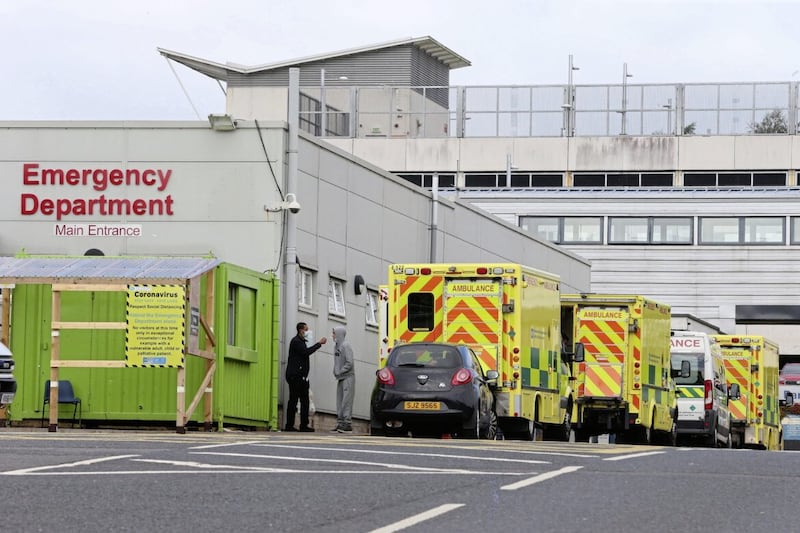Three frontline ambulance staff in Northern Ireland have tested positive for coronavirus over the past fortnight.
The Irish News has learned that the individuals work alongside paramedics on call-outs but are a grade below them and are known as Emergency Medical Technicians (EMTs). All are based in a Belfast station.
It has also emerged that more than 150 of the north’s ambulance service staff – around 13 per cent of its entire workforce – have been ‘stood down’ for 12 weeks due to underlying health conditions or because they live with someone at risk if they contract the virus.
The impact on crews across the city is already being felt with cover severely depleted in recent days.
“Staff levels were already fairly low here but things are getting worse with only three crews on for Belfast over a couple of nights last week when we should have had seven,” one worker said.
Read More: Cosmetics firm 'inundated' for product it claims can kill coronavirus
Ambulance chiefs last night confirmed that more than 170 of around 1,100 staff in the service were currently absent due to “Covid-19 related matters”.
Sources say that a frontline EMT tested positive last week after developing a high temperature and cough which led to tests being carried out on a colleague, which also came back positive.
A third staff member with few symptoms became a confirmed case the previous week.
It is understood that at least one of the three workers attended call-outs before receiving a diagnosis though it is not known how many patients they came into contact with. All were told to self-isolate for 14 days.
Read More: Covid-19 deaths hit 70 mark as ministers warn public not to drop their guard
The Irish News asked the Northern Ireland Ambulance Service (NIAS) if it had traced any of these patients the worker had treated.
In a statement, a spokesman said they had not as “the practice was suspended as per UK government guidelines re the change in case definition for Covid-19 and the practice of contact tracing”.
Some paramedics who had contact with their colleagues who tested positive had expected widespread swabbing to be carried out.
“After learning about the other workers we assumed bosses would have come in and tested the whole station but I haven’t been contacted yet,” one said.
“One of the fears at the moment is the control room staff being infected as 30 people will work there at any one time in close proximity.
“They’re highly trained and we can’t function without them. But we’re also front line and need the same protection.”
Swabbing of symptomatic ambulance staff has been taking place at Derriaghy ambulance station on the outskirts of west Belfast.
Relatives of workers have also been tested at the site.
Strict protocols are in place for crews attending call-outs of suspected patients, with personal protective equipment kept in 999 vehicles.
On transferring patients to hospital, ambulances are sterilised with a bleaching agent stored at hospitals.
A NIAS spokesman said the number of staff absent due to coronavirus is recorded on a daily basis and subject to change.
“These absences may be due to staff-isolating as a result of experiencing symptoms of coronavirus or because members of their family are symptomatic,” he said.
“There is also a number of staff who are absent on medical advice due to underlying health conditions.
“As of April 6, 172 staff are recorded as absent due to these factors.
“This figure changes on a daily basis as some staff become ready to return to work after a period of self-isolation and others begin a period of self-isolation.
“NIAS has put arrangements in place to test staff who become symptomatic or whose family members become symptomatic.
“These testing arrangements have helped staff who are self-isolating to return to work as soon as possible and also provides assurance to staff.”








